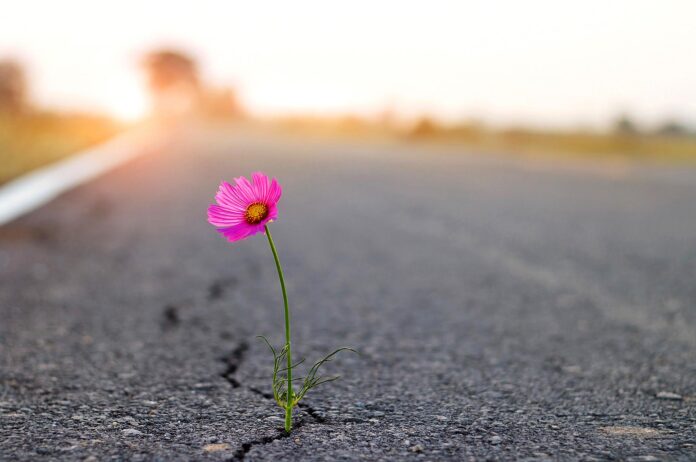A wise professor once said menopause is often treated like a disease, but in actuality, it’s a time when women are no longer required to put energy into reproduction and instead are free to place that energy towards a higher level of thinking and moving through the world. I believe this completely but also know that getting there can be quite the roller coaster ride. There’s a lot to dig into on this topic, so this will be a series, stay tuned for more in the future!
Let’s start with some definitions because the terminology can be confusing. Menopause is when a woman hasn’t had a menstrual cycle for at least 12 months. Sometimes women will move into this stage abruptly, often due to surgery or specific medications. More commonly, this is a gradual process that can begin as early as the late 30s but most commonly starts in the early to mid-40s and can last for an average of 8-10 years. This gradual process is termed peri-menopause.
Peri-menopause is a time in which your ovaries are “trying on” the idea of retirement but aren’t fully committed, thus the potential of a wild ride with hormones that aren’t following a normal pattern or routine. The primary hormone players are estrogen and progesterone, but there’s also a lot of supporting players, including testosterone, adrenal and thyroid hormones.
The experience of peri-menopause can be very different for each individual, but there are a lot of changes that are common to many women due to the fluctuating and/or dropping levels of hormones. Some of the most well-known symptoms are hot flashes, night sweats and irregular menstrual cycles (you used to be clockwork, and now you never know if your cycle is coming or going). But did you also know that heavy menstrual bleeding, fatigue, mood changes, anxiety, brain fog, weight gain, insomnia and joint pain are also associated with peri-menopause?! Some of these issues will likely improve when you’re officially in menopause, but there might be lingering complaints. I know this paints a bleak picture of the middle years for a woman, but this is also a time when women tend to truly come into their own, understanding and embracing what’s important to them and how they want to live the second half of their lives.
The important things to know right now are you’re not alone, you’re NOT going crazy, AND there’s help to smooth the path so that what might have felt like a roller coaster before is now more like gently rolling hills. If you find yourself struggling, don’t be afraid to reach out for help. There are lots of things that can be done to assist, from diet and lifestyle improvements to labs, basic and specialized as well as herbs, nutrients, acupuncture and hormone therapy. I am passionate about assisting women through this time in life, and I’m always here to help!
























